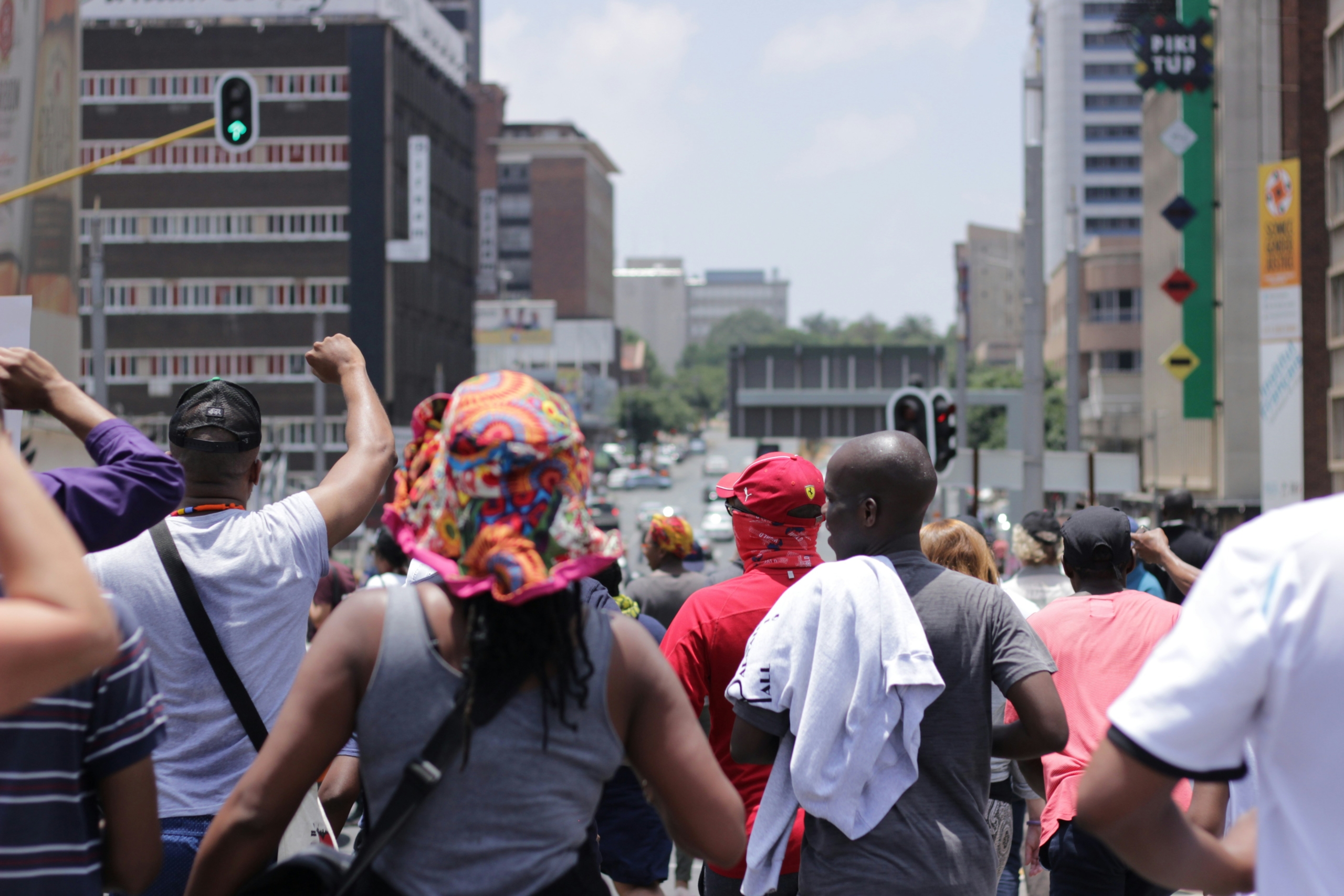We are excited to announce that Brink is now part of Africa Practice. Learn more
The future of French soft power in Africa

For over a century, starting with colonial domination, and persisting via its political and economic network, France viewed most of Africa as its geopolitical sphere of influence. African governments were installed and deposed upon instruction from Paris, whether by the actions of the intelligence services or military intervention. Meanwhile, French companies controlled extensive domains in African economies, often dedicated to the extraction and transport of natural resources for Western industries.
This pattern, known as Françafrique, was underpinned by political, economic and military might, but is now actively contested in Africa. Legitimate popular grievances coalesced with longstanding resentments of former colonial masters, but were exaggerated by the media and instrumentalised by African leaders to undermine French power and justify their own rule.
Deep cultural ties
The relationship between France and the African continent, however, goes deeper than Françafrique. The French language remains a unifying force in diverse multicultural nations which lack a common tongue, and pride in mastering the language serves to drive the production of a vibrant pan-African literature. Africans have also repurposed their French-influenced legal and administrative heritage for their own ends, for instance with the development of regional initiatives such as the Organisation for the Harmonisation of Business Law in Africa (OHADA), which has streamlined processes and facilitated investment. Finally, interpersonal ties have been strengthened by African immigration, the presence of 200,000 French citizens on the continent, and the draw of French universities for African students, building human connections which sustain and deepen international cooperation.
Irrespective of these commonalities, French soft power – the country’s ability to extend its influence beyond its border through culture, knowledge and shared values – is also facing increasing contestation, driven by security and diplomatic setbacks.
Military and diplomatic setbacks
Protecting French economic and geopolitical interests, as well as nationals residing overseas, has motivated military interventions in Chad multiple times since its independence, Rwanda in 1994 and Côte d’Ivoire in 2002 and 2011. However, France’s intervention in Mali in 2012 followed another paradigm, answering the call of a sovereign nation to combat terrorism. But this narrative failed to convince African publics, who feared nefarious intent – particularly as French troops became entrenched.
Operation Barkhane – which sought to counter Islamic insurgencies across the Sahelian countries of Burkina Faso, Chad, Mali, Mauritania, and Niger – was seen as another post-colonial expedition to protect real or fantasised economic interests. Popular scepticism of France’s motives was exploited by Russian misinformation campaigns, helping to sow mistrust. These dynamics created fertile ground for the series of coups that have spread across the Sahel since 2020, ultimately culminating in the expulsion of French troops from Mali, Burkina Faso and now Niger.
France is also facing diplomatic setbacks all over the continent. The relationship with Rwanda is defined by France’s association with the previous Hutu extremist regime and the unfolding 1994 genocide. Morocco – a once close ally – is now outspoken against France’s refusal to follow the US and other European countries in recognising its control over Western Sahara. In the Indian Ocean, it is France’s own territorial sovereignty that is contested. Madagascar, bolstered by Russian expression of support, affirms historical ownership over the uninhabited Scattered Islands. The Union of Comoros claims the French department of Mayotte, leveraging President Assoumani’s tenure at the head of the African Union and a mounting migration crisis straining the relationship between the two countries.
The decline of French influence
Security and diplomatic setbacks have a direct impact on French soft power, which is crucial if Paris wants to conserve its international influence in the face of competition from more militarily and economically powerful challengers. In September 2023, the French foreign ministry severed development aid to the junta, with cultural and academic cooperation becoming collateral damage of the stand-off with the Sahel juntas. The government ordered the suspension of projects with artists from Mali, Niger and Burkina Faso, and halted the delivery of student visas, causing outrage both in France and on the continent.
Snubbed by their former colonial rulers, African states are turning their back on France, undermining its cultural pull. In July 2023, Mali adopted a new constitution abandoning French as an official language. Rwanda has already replaced French with English in schools and universities, while Togo and Gabon joined the Commonwealth in 2022.
This decline in both hard and soft power will inevitably have an impact on France’s economic footprint on the continent. The cultural affinity which African elites develop for France while completing degrees at French universities, has traditionally been a key driver of France’s international trade. However, a decline in the uptake of such opportunities will inevitably dampen commercial ties.
France’s economic policy at risk
Historical French ventures inherited from post-colonial networks are still present in the agriculture, retail or telecommunications sectors, but their association with the Françafrique system make them privileged targets of anti-French resentment. French businesses in Dakar, such as Auchan supermarkets, were notably set on fire by supporters of firebrand politician Ousmane Sonko, who has been an outspoken critic of Senegalese President Macky Sall’s affinity for French firms.
Astute companies have opted to broaden their footprints in order to dilute the risk of anti-French sentiment curtailing earnings. TotalEnergies remains a major player in energy, but operates in 40 markets on the continent, including in anglophone and lusophone countries where anti-French sentiment is less marked. By contrast, French mining companies have suffered the consequences of desindustrialisation and African leaders’ willingness to diversify partnerships, thereby chipping away at its historic lead in exploration thanks to geological agency BRGM.
Bauxite and aluminium champion Pechinet was acquired in 2003 by Alcan, with its mining assets now owned by Rio Tinto, leaving ERAMET as the last major French mining company on the continent. Orano’s uranium assets in Niger, while less central for France’s nuclear autonomy than in the past, are also threatened by the degradation of relations with the junta.
If France does not succeed in halting the loss of its soft power and redefine its African political and security policies, it risks losing more than just its influence on the continent. In January 2022, a French government report on industrial planning warned that as industries decarbonise, control over critical mineral supply chains will be essential to maintaining energy and economic sovereignty – a sector where France lags behind other Western and Asian powers operating in Africa.
About the author
Alix Bouheddi is an Associate Consultant at Africa Practice, with a particular focus on energy, mining and geopolitical issues. Alix can be contacted at [email protected].
Proud to be BCorp. We are part of the global movement for an inclusive, equitable, and regenerative economic system. Learn more


